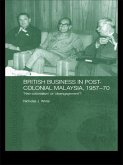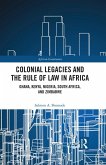What explains the peculiar spatial variation of Maoist insurgency in India? Mukherjee develops a novel typology of colonial indirect rule and land tenure in India, showing how they can lead to land inequality, weak state and Maoist insurgency. Using a multi-method research design that combines qualitative analysis of archival data on Chhattisgarh and Andhra Pradesh states, Mukherjee demonstrates path dependence of land/ethnic inequality leading to Maoist insurgency. This is nested within a quantitative analysis of a district level dataset which uses an instrumental variable analysis to address potential selection bias in colonial choice of princely states. The author also analyses various Maoist documents, and interviews with key human rights activists, police officers, and bureaucrats, providing rich contextual understanding of the motivations of agents. Furthermore, he demonstrates the generalizability of his theory to cases of colonial frontier indirect rule causing ethnic secessionist insurgency in Burma, and the Taliban insurgency in Pakistan.
Dieser Download kann aus rechtlichen Gründen nur mit Rechnungsadresse in A, B, BG, CY, CZ, D, DK, EW, E, FIN, F, GR, HR, H, IRL, I, LT, L, LR, M, NL, PL, P, R, S, SLO, SK ausgeliefert werden.









